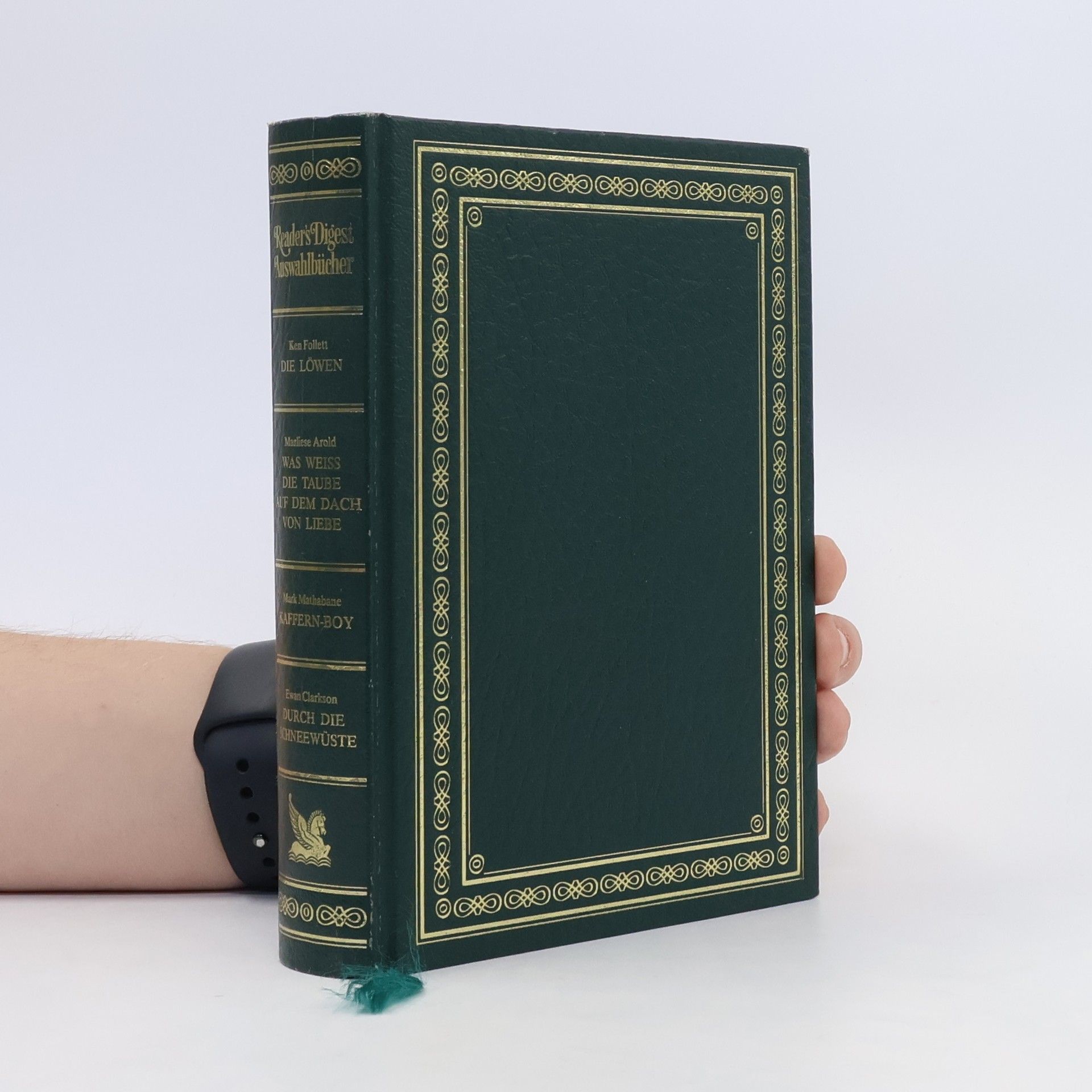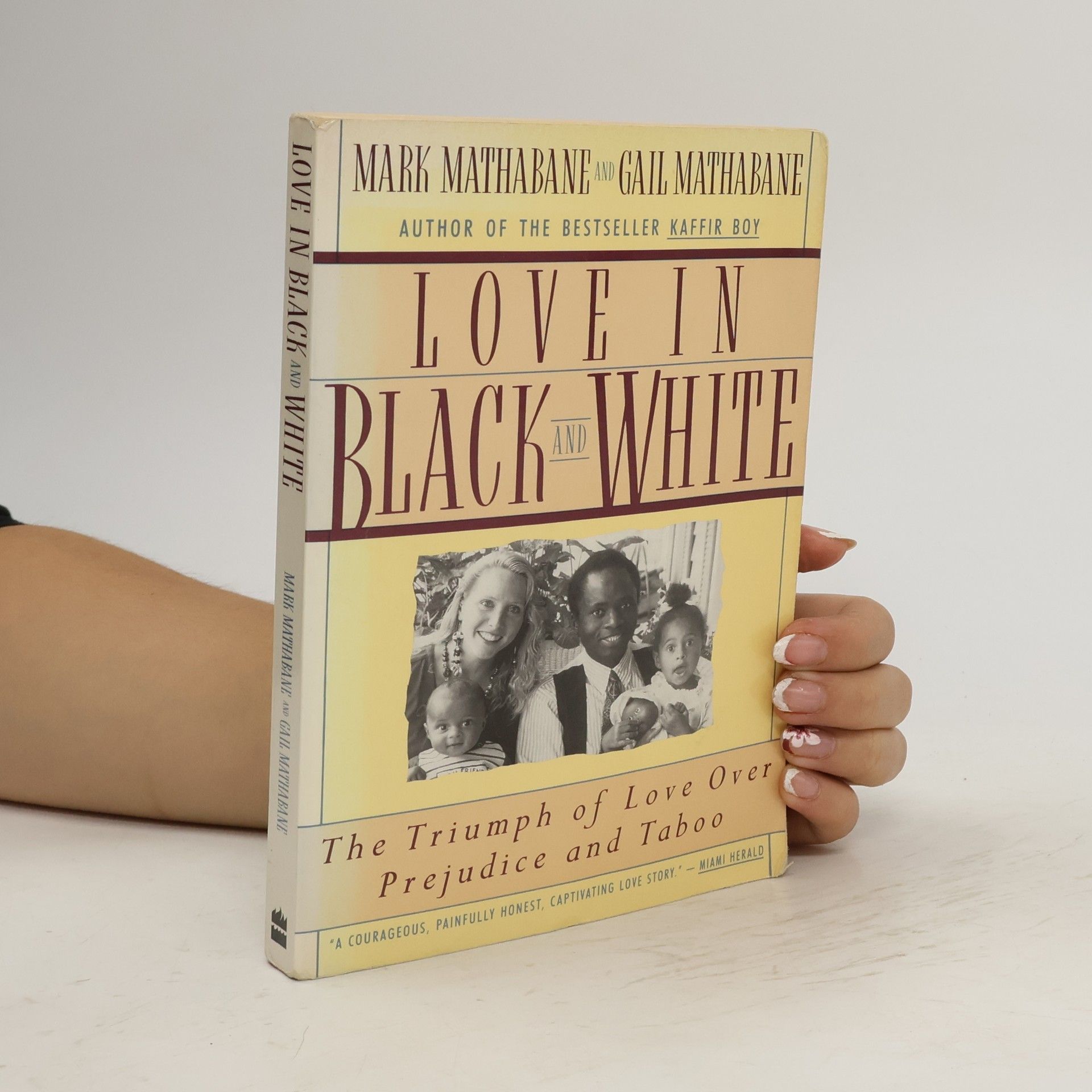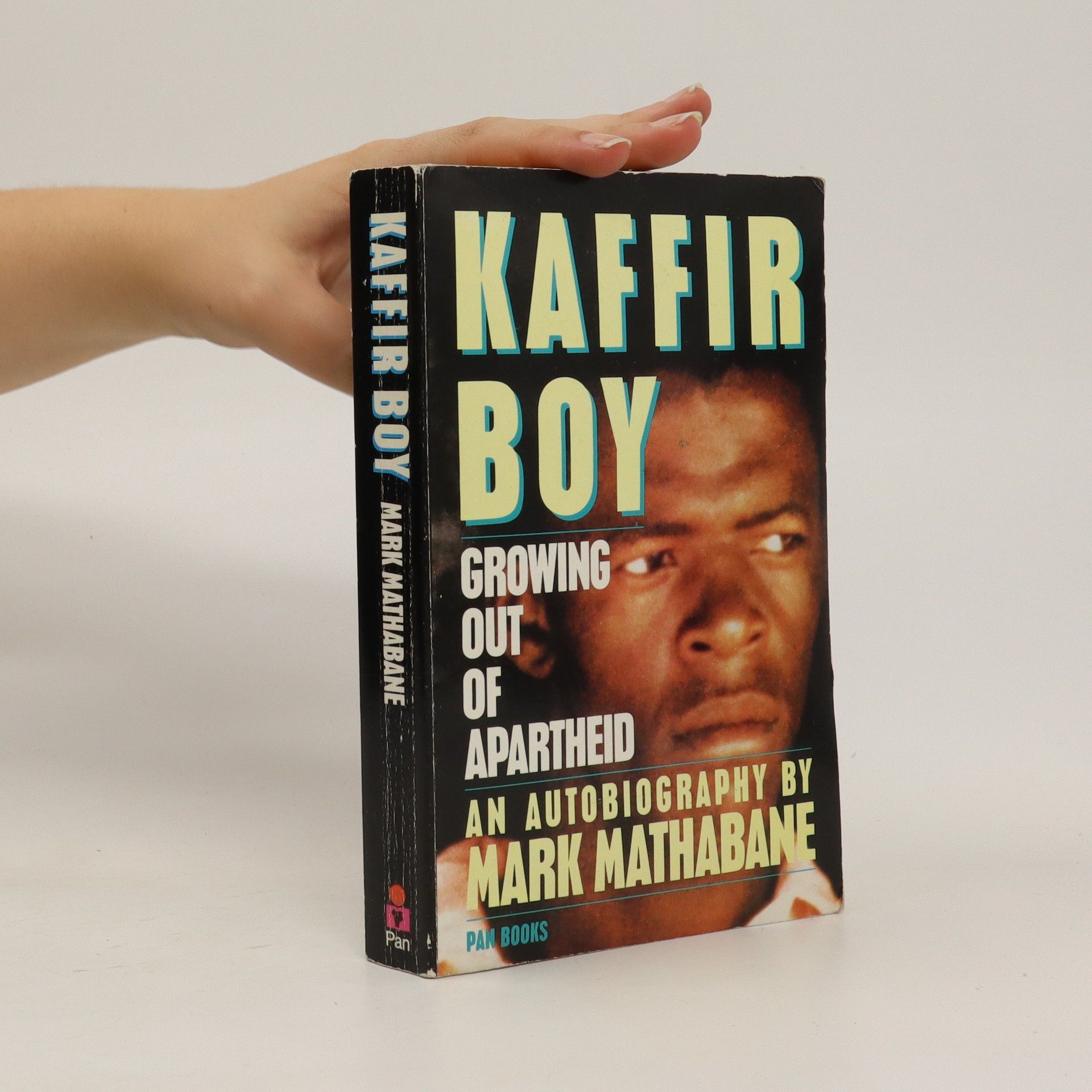Kaffir Boy
- 368pages
- 13 heures de lecture
Mark Mathabane was weaned on devastating poverty and schooled in the cruel streets of South Africa's most desperate ghetto. Yet Mark did what no physically and psychologically battered "Kaffir" was supposed to dohe escaped to tell about it.


